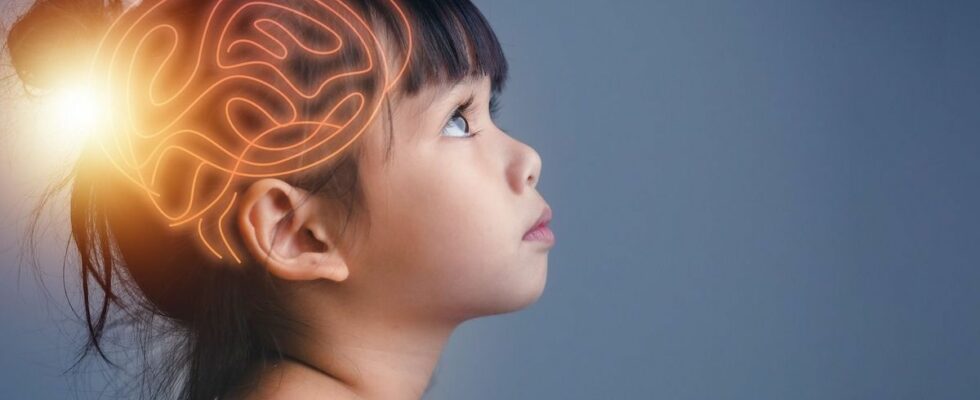Published on
updated on
Reading 1 min.
A scientific study shows how the earliest childhood memories exist, but remain out of our reach. The cause? The brain in its developing phase handles memory differently compared to adulthood.
An article from the magazine Science addresses the issue of childhood amnesia, drawing on recent research. If you think you have memories of certain moments experienced at the age of 18 months or 2 years, it is likely that this is the result of family stories or photos seen and reviewed.
Before 3 years old, no memory
The study suggests that people generally have no memory of events that happened between the ages of 0 and 3, because children’s memory skills do not fully mature until around the age of 7. A notion that, however, seems paradoxical to University of Basel neuroscientist Flavio Donato. Why? Because at this time, the brain learns the most, yet it fails to anchor memories.
From this observation was born the expression “infantile amnesia”. A phenomenon that has given rise to much research but remains misunderstood. We know, however, that memories created before the age of 3 potentially exist, but remain inaccessible to our consciousness.
Memories inaccessible to consciousness
According to new research, it is shown that the brain has the ability to create memories before the age of 3, but the way it does this is different than in adulthood. These early memories exist, but we cannot consciously access them as adults.
According to studies, this phenomenon may occur for a specific purpose: to teach young brains to assign appropriate importance to events or to develop a framework for memory systems that they will use throughout their lives. Although it may seem like a shortcoming, childhood amnesia may be essential to the development of our identity.
